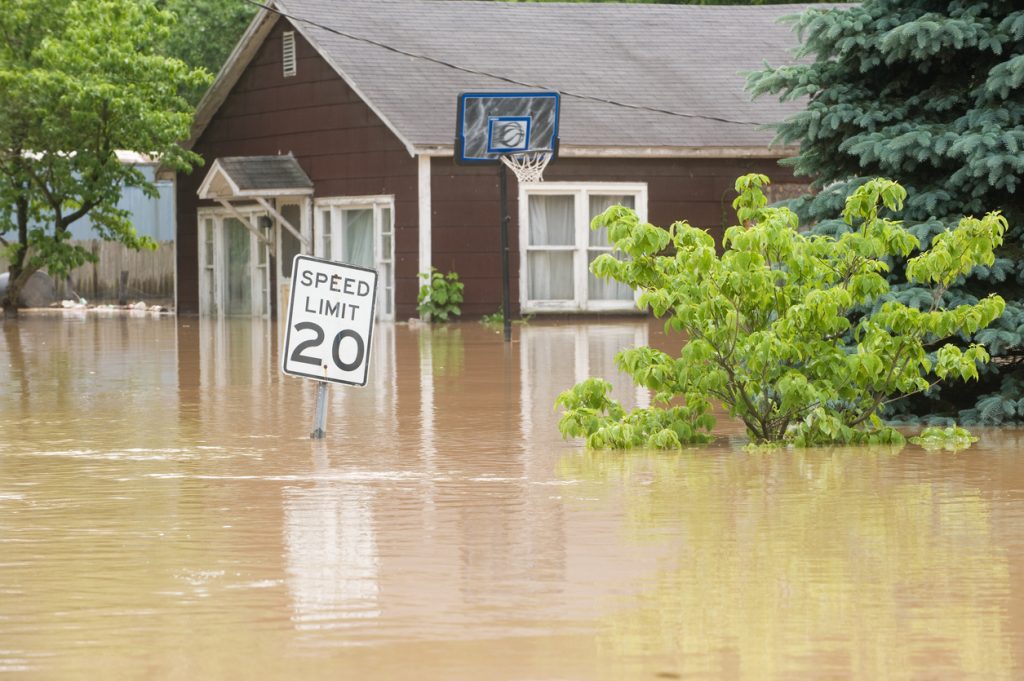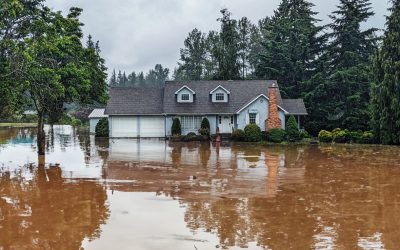Does Renters Insurance Cover Flood Damage? Complete Guide
Floods can strike with little warning, especially in a state like Florida, where heavy rain, hurricanes, and tropical storms are part of life. If you’re renting a home or apartment, you may wonder: Does renters insurance cover flood damage? Understanding the limits and scope of your coverage can help you prepare for the unexpected and protect your personal belongings when disaster hits. In this article, we’ll explore how renters insurance works in relation to flood damage, what is and isn’t covered, and what Florida renters can do to safeguard their property and finances.
What Renters Insurance Typically Covers
Renters insurance is designed to protect your personal property, not the building itself. That’s the landlord’s responsibility. A standard renters insurance policy generally includes:
- Personal property coverage (theft, fire, vandalism, etc.)
- Liability protection
- Loss of use (coverage for temporary housing if your rental becomes uninhabitable)
However, flood damage is not usually covered under a standard renters policy.
Why Flood Damage is an Exception
Most insurance providers exclude flood damage from renters policies because it presents a high risk and often results in large-scale losses. This includes water damage caused by:
- Hurricanes or tropical storms
- River overflow
- Heavy rain causing surface flooding
- Storm surges and tidal waves
To be covered, you must purchase separate flood insurance, often through the National Flood Insurance Program (NFIP) or private insurers.
Does Renters Insurance Cover Flood Damage to Personal Property?
If your apartment floods due to a storm or natural event, and you only have standard renters insurance, your personal belongings will not be covered.
Common Misconceptions
Many renters assume if their property is damaged by water, their insurance kicks in. This is only true in cases like:
- A burst pipe or appliance malfunction within your rental unit
- Accidental overflow of sinks or bathtubs
These are considered sudden and accidental internal events, not natural flooding. Any external water source, like rain runoff or rising waters, is typically excluded.
To ensure you’re protected, consider purchasing:
- NFIP Flood Insurance Policy: Available through FEMA, it can cover up to $100,000 in personal property.
- Private Flood Insurance: Often includes higher coverage limits and faster processing.
Flood Risks for Renters in Florida
Florida is one of the most flood-prone states in the U.S., with its low elevation, coastal cities, and frequent storms. Renters living in areas like Miami, Tampa, Jacksonville, and Orlando face high risk—especially during hurricane season.
Florida-Specific Concerns
- Flood zones are widespread across urban and rural areas
- Hurricanes and tropical storms bring heavy rainfall and storm surges
- Many landlords do not require flood insurance, even in high-risk areas
Given these factors, it’s critical for Florida renters to assess their flood risk and consider purchasing separate flood insurance.
How to Get Flood Insurance as a Renter
If you’re looking to protect your personal property from flooding, here’s what to do:
- Check your current policy: Confirm what is and isn’t covered.
- Evaluate your flood risk: Use FEMA’s Flood Map Service Center or consult your local emergency management office.
- Contact your insurance agent: Ask about adding an NFIP policy or obtaining coverage from a private insurer.
- Choose a coverage limit: Estimate the total value of your belongings (furniture, electronics, clothing, etc.) to determine how much coverage you need.
- Understand the waiting period: NFIP policies have a 30-day waiting period before coverage kicks in, so don’t wait until a storm is approaching.
Tips to Minimize Losses from Flooding
Even with insurance, it’s wise to take proactive steps to reduce your risk of property damage.
- Keep valuables off the floor in flood-prone areas
- Use waterproof storage bins for important documents and electronics
- Create an inventory list of your belongings with photos and receipts
- Know your evacuation plan and how to reach your insurer after a disaster
Legal Rights for Florida Renters Affected by Flooding
In Florida, tenants have specific rights when a rental property is damaged. According to Florida Statutes Chapter 83, if a rental becomes uninhabitable due to flooding:
- You may be entitled to a rent abatement or cancellation of your lease.
- Your landlord must make reasonable repairs within a specific time frame.
- If the landlord is negligent (e.g., failure to fix drainage), you may have a claim for additional damages.
In severe cases, it may be helpful to consult a Florida attorney familiar with tenant-landlord laws or a public adjuster.
FAQ: Does Renters Insurance Cover Flood Damage?
Q1: Does renters insurance cover flood damage to personal property?
A1: No, standard renters insurance does not cover flood damage to your personal property. You need a separate flood insurance policy.
Q2: How do I know if I live in a flood zone in Florida?
A2: You can visit floodsmart.gov and use FEMA’s flood maps to determine your flood risk zone.
Q3: What does flood insurance for renters typically cost in Florida?
A3: NFIP policies can cost as little as $99 per year for low-risk areas but may go up to several hundred dollars in high-risk zones.
Q4: Will my landlord’s insurance cover my belongings if the apartment floods?
A4: No, your landlord’s policy covers the building only. You are responsible for insuring your personal items.
Q5: Is flood insurance mandatory for renters in Florida?
A5: No, it’s not legally required, but it is highly recommended—especially if you live in a high-risk flood area.
Q6: Can I file a claim for mold damage caused by flooding?
A6: Only if you have flood insurance. Otherwise, mold from flooding is typically excluded in standard renters policies.
Final Thoughts
If you’re a renter in Florida, being caught off guard by a flood can cost you thousands in damaged property and force you out of your home. Relying on standard renters insurance won’t cut it when rising water comes into play. The smart move is to understand your coverage, identify your risk, and secure separate flood insurance to protect your belongings.
CTA: Get Help with Your Flood Damage Claim
If your rental property has already suffered flood damage and you’re facing challenges with your insurer, don’t go it alone. Our team at Care Public Adjusters can help you document losses, file a strong claim, and fight for the compensation you deserve.
Explore how we assist renters with Flood Damage claims here.



